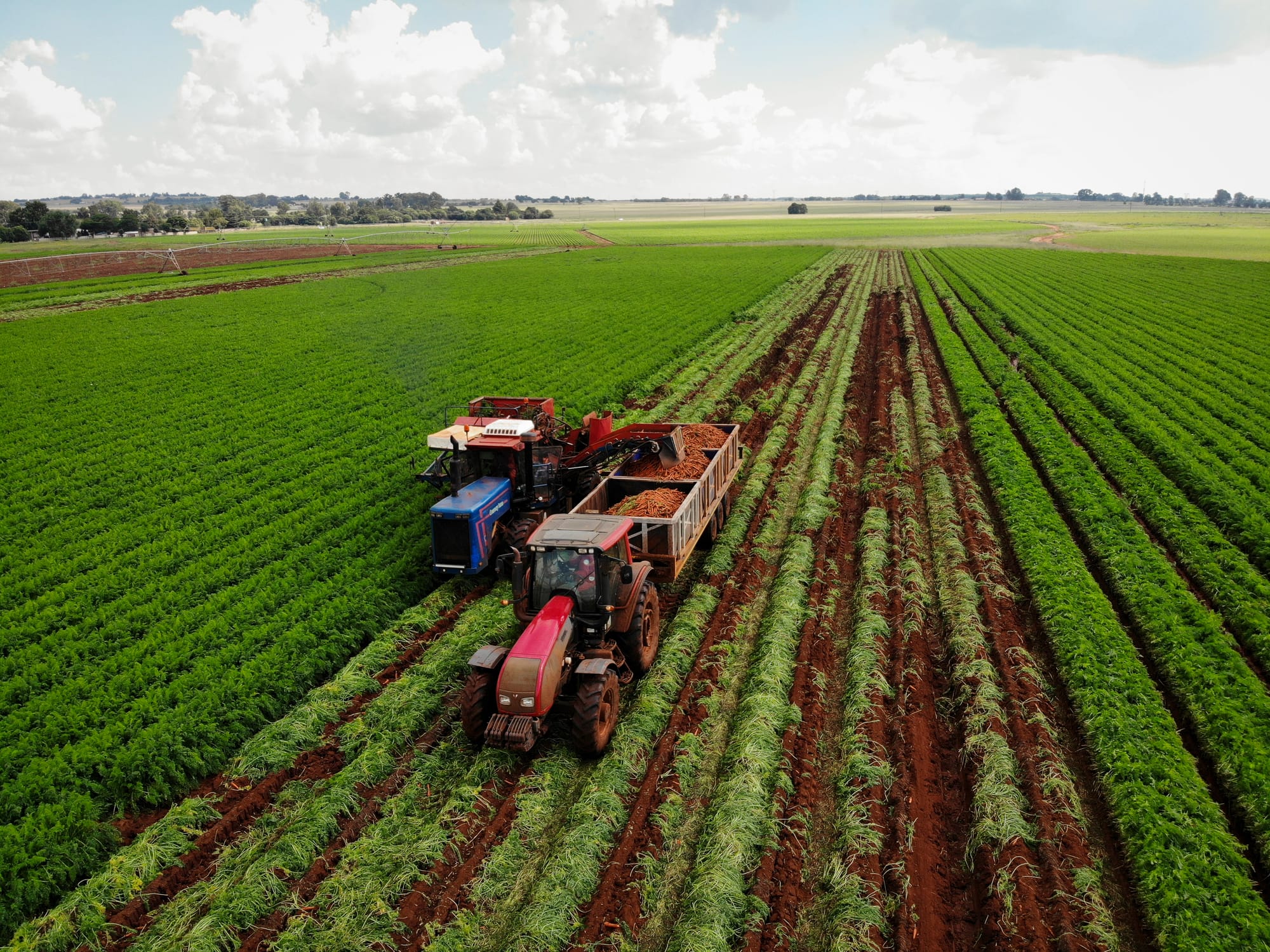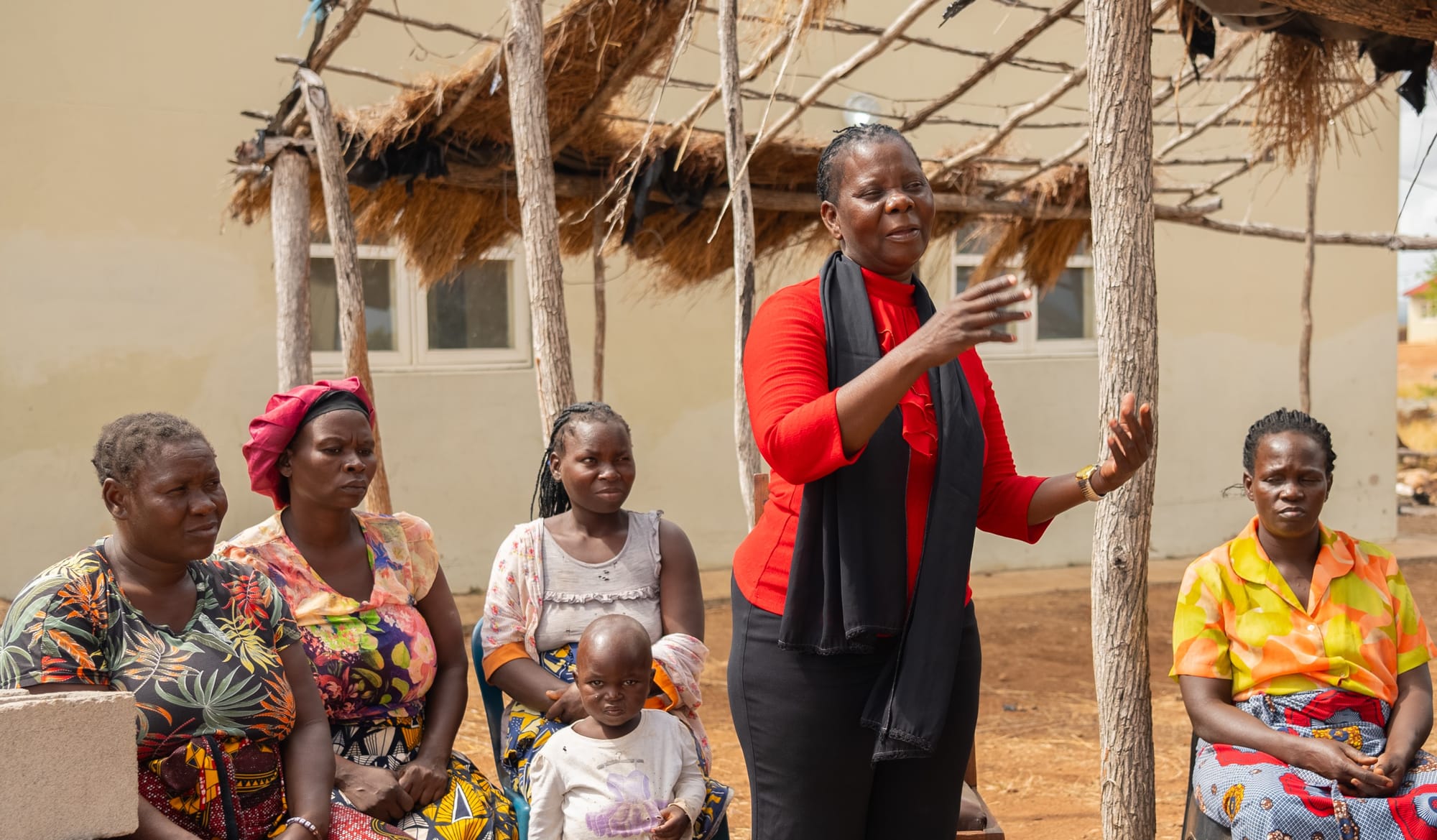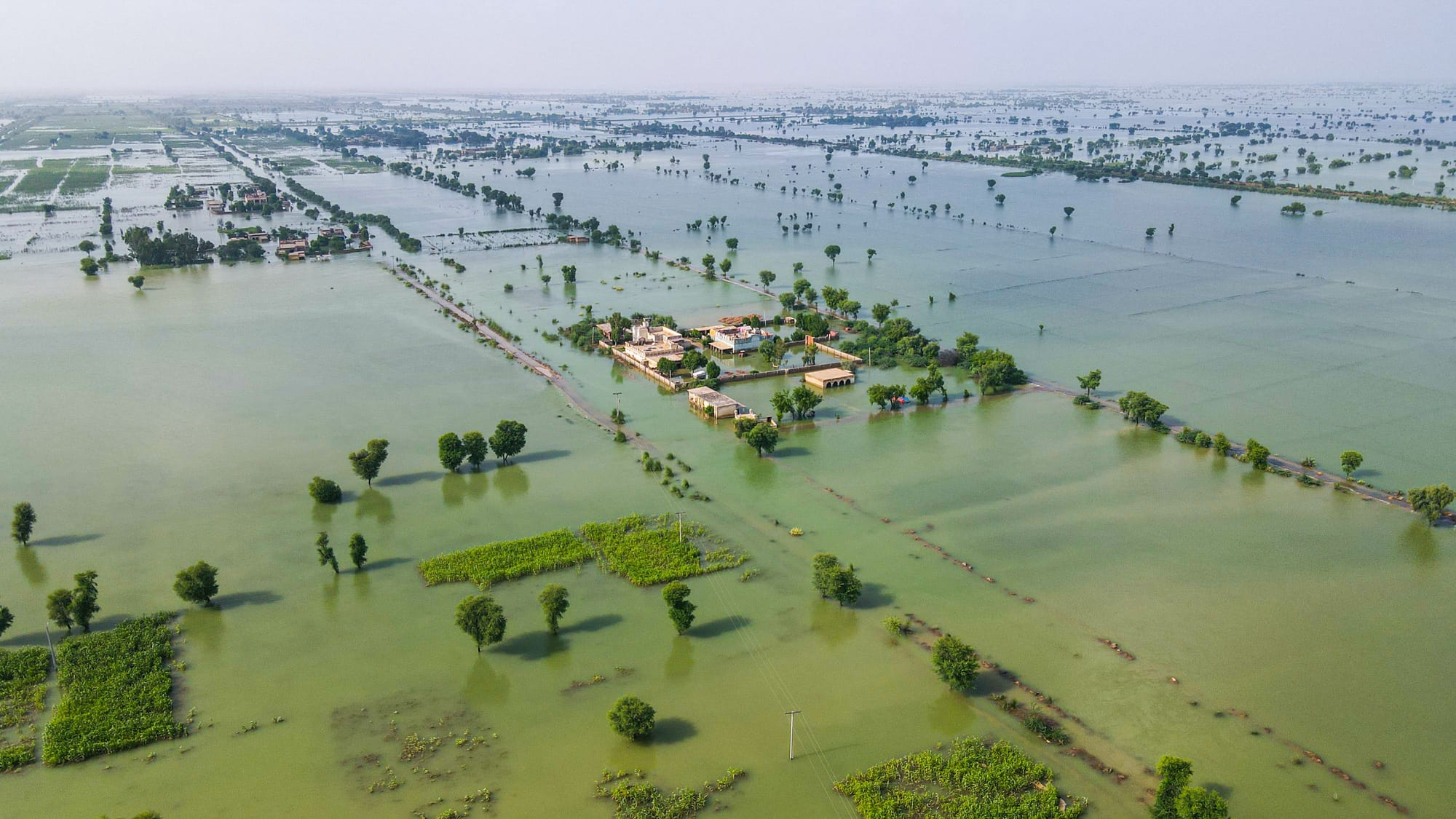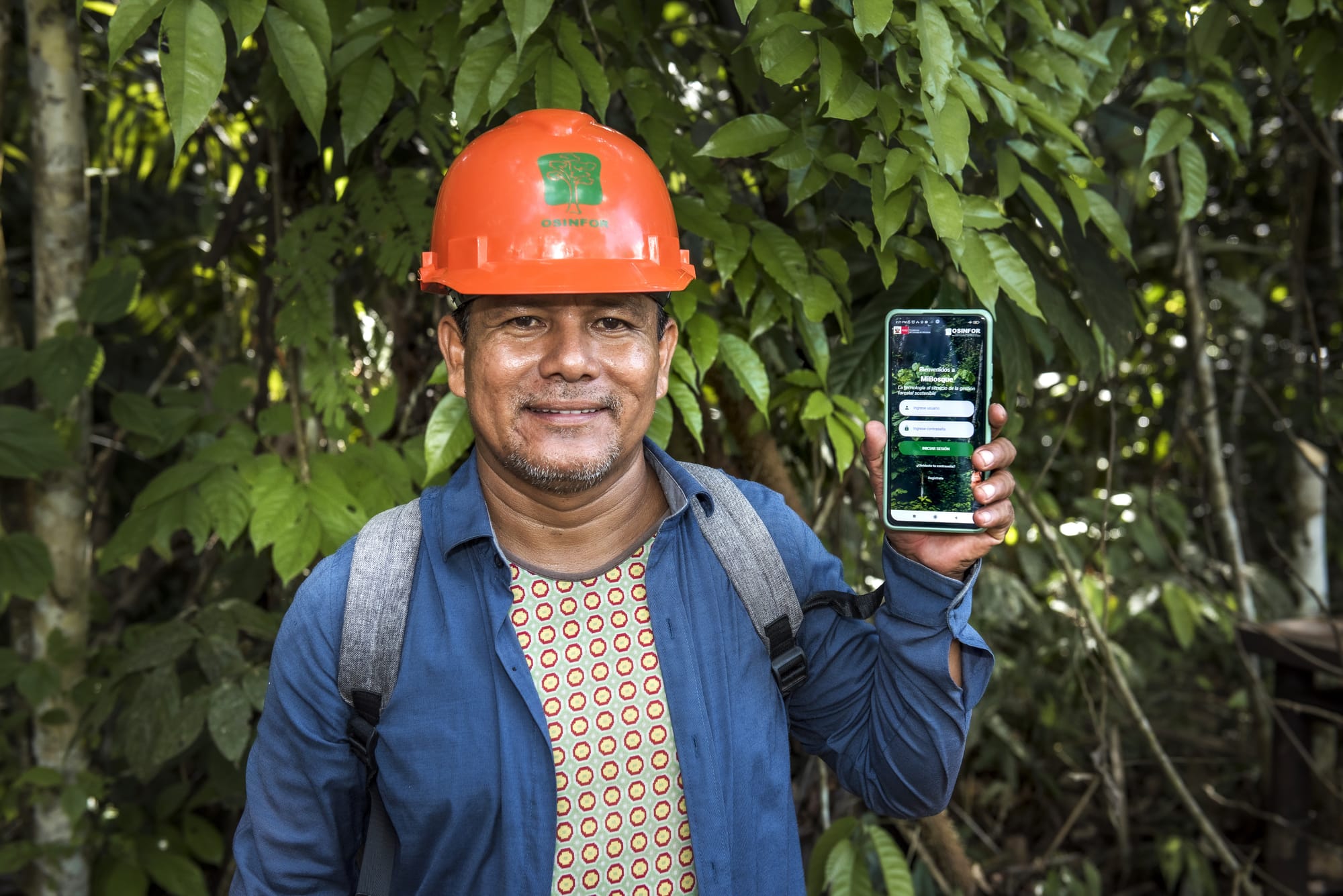This year is on course to be the world’s warmest on record. With regions like the Sahel experiencing unprecedented heatwaves, temperatures in many African countries have reached nearly 40℃. While these conditions underscore the urgency of addressing climate change, they also highlight an opportunity for promoting growth and resilience.
Introducing climate finance—investments aimed at mitigating and adapting to climate change—can be a game changer for African countries seeking to tackle the climate crisis. By channeling funds into sustainable initiatives, governments and citizens alike can address climate-related issues and build more resilient communities, create sustainable livelihoods, and generate profit for African businesses. Climate finance also fosters collaboration between U.S. and other service providers and African businesses looking to leverage the latest climate technology to enhance climate resilience.
That is where the U.S. Agency for International Development (USAID) Africa Trade and Investment Activity (ATI) and Prosper Africa come in. These programs offer custom climate change solutions to help African governments, businesses, and smallholder farmers transition to more sustainable, productive, and profitable approaches amid a complex trade and investment landscape.
USAID and Prosper Africa—a presidential-level national security initiative to increase two-way trade and investment between the United States and Africa—collaborate through ATI to advance climate-focused initiatives through fund partners. Smallholder Agroforestry Finance, for example, will leverage $110 million with $3.2 million in catalytic capital from USAID for its carbon finance facility. ThirdWay Partners will leverage $70 million for the Africa Conservation and Communities Tourism Fund. In total, Prosper Africa and USAID expect to raise at least $700 million for climate finance solutions.
In addition to raising funds for climate innovation, the Prosper Africa-USAID partnership seeks to identify new opportunities for private partners in green initiatives. Liberia and Sierra Leone, for example, are home to the Gola National Forest, one of the largest and most biologically diverse rainforests in West Africa. USAID ATI recently launched feasibility studies that map out climate financing opportunities to boost private sector investment for cross-border conservation efforts that would benefit Gola. The project also published Climate Finance for Low-Emission Agriculture in Sub-Saharan Africa and developed a corresponding toolbox that provides guidance and recommendations outlining how USAID’s agriculture, food security, and resilience programs can better promote the flow of sustainable and inclusive climate finance in Sub-Saharan Africa.
Clean Energy: A Trade and Investment Opportunity
Inadequate access to reliable electricity remains a critical constraint to the social and economic growth prospects of 580 million people in Africa. To meet the needs of a population currently lacking access to energy while capitalizing on an enormous opportunity for private sector investment and innovation in the electricity sector, Prosper Africa and USAID, through ATI, are helping boost exports of U.S. clean technologies to Africa through the U.S.-Africa Clean Tech Energy Network (CTEN).
The cross-border CTEN network—led by a partnership between Prosper Africa-USAID and the Power Africa initiative—has connected more than 100 firms with tailored clean tech opportunities in African markets. As the network expands, opening new market opportunities for U.S. and African businesses while improving access to reliable electricity, CTEN will increase U.S. clean energy exports to Africa and close at least $350 million worth of cleantech energy deals by 2026.
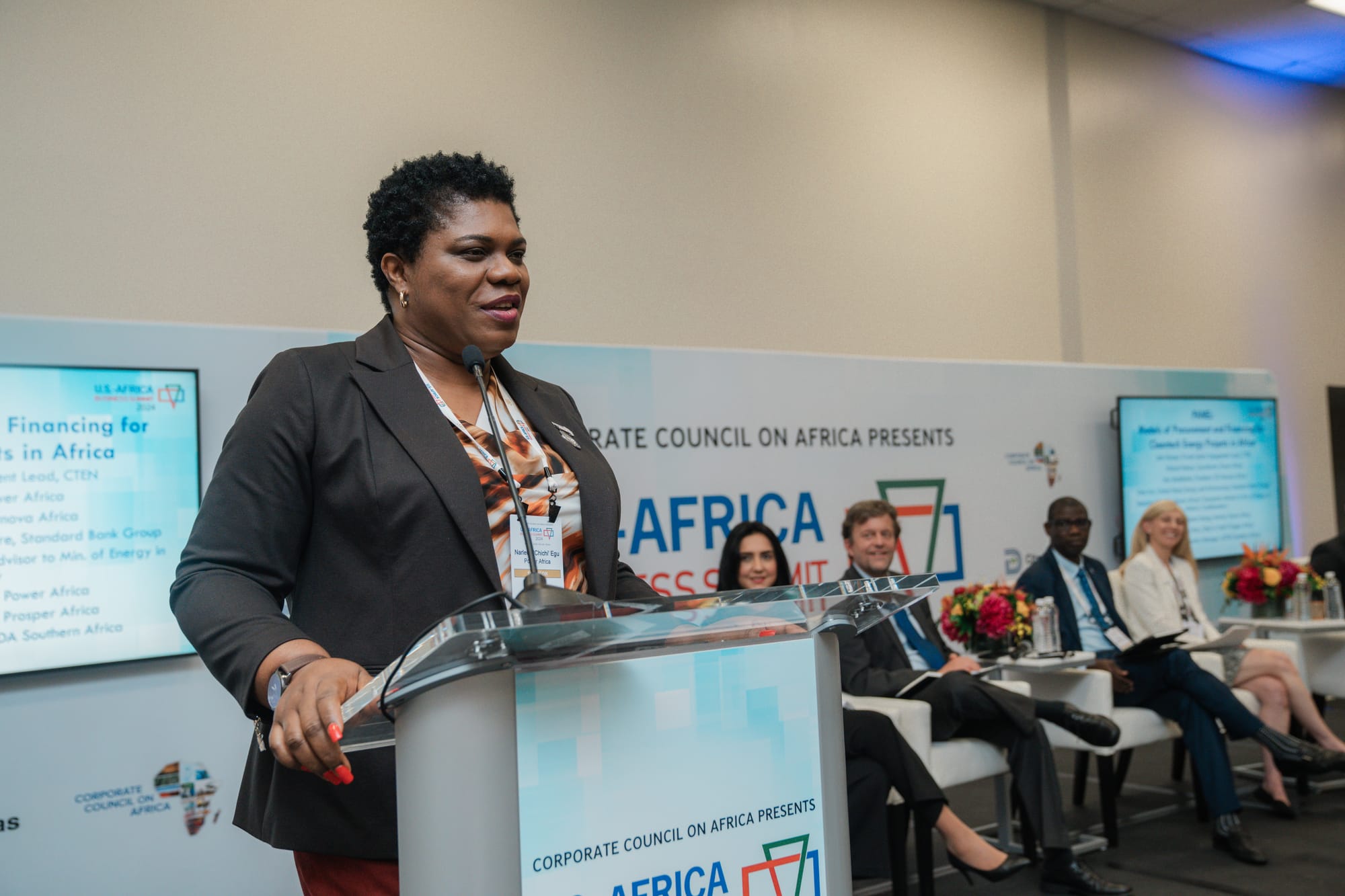
Through these and other initiatives, the Prosper Africa-USAID partnership is leveraging the USAID ATI Activity to develop and mobilize climate-resilient projects, capitalize on funding opportunities, and contribute to the transition toward a low-carbon economy. As we head into 2025, climate finance will continue to hold immense potential to mitigate the risks posed by climate change and create new opportunities for trade and investment in sustainable industries, ultimately paving the way for inclusive, sustainable growth in Africa.
A version of this blog was first published on ClimateLinks.

